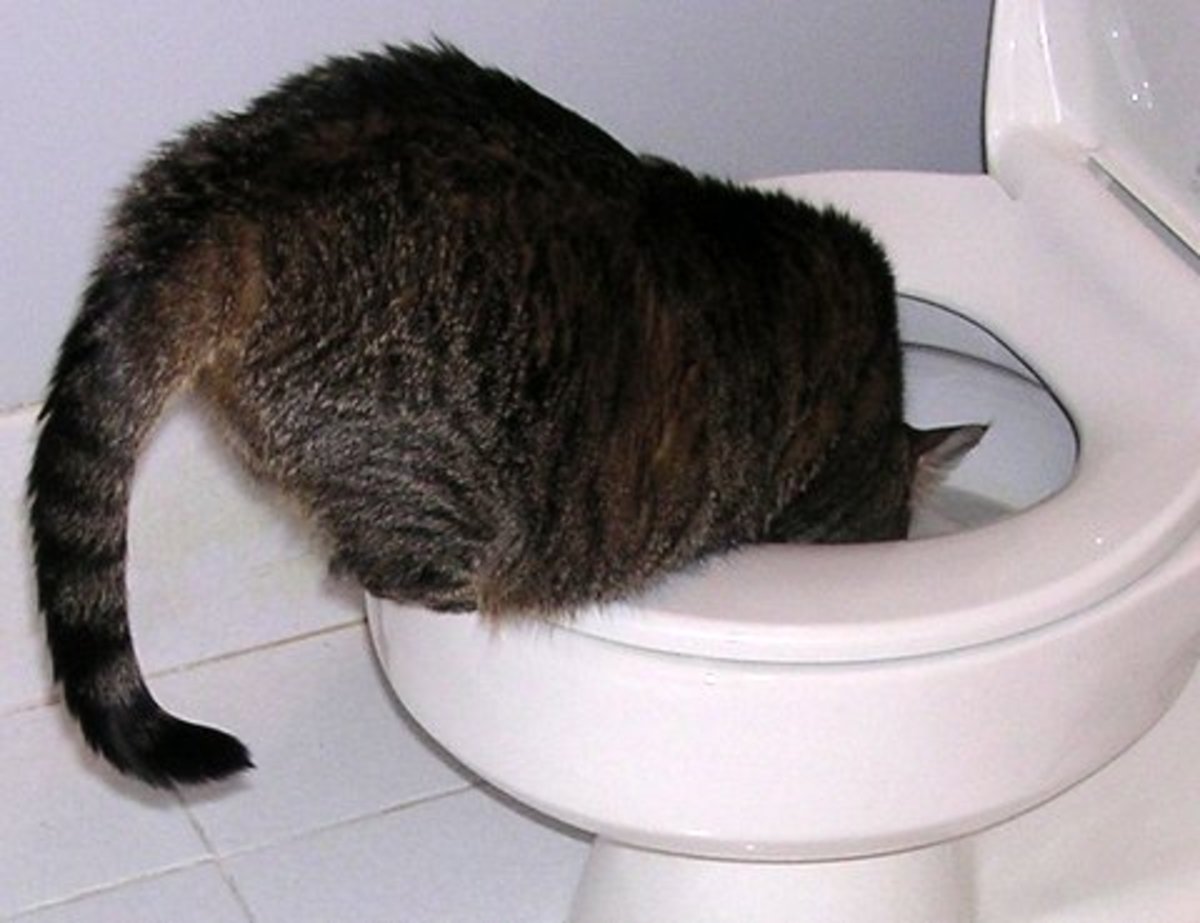Don't Flush Cat Poop Down Your Toilet - Preserve Your House's Pipe System
Don't Flush Cat Poop Down Your Toilet - Preserve Your House's Pipe System
Blog Article
We have come across this article about Don’t flush cat feces down the toilet directly below on the net and concluded it made sense to talk about it with you in this article.

Intro
As cat proprietors, it's essential to bear in mind just how we get rid of our feline close friends' waste. While it may appear convenient to flush feline poop down the commode, this practice can have harmful effects for both the environment and human health and wellness.
Environmental Impact
Flushing feline poop introduces dangerous microorganisms and bloodsuckers right into the water supply, presenting a substantial threat to marine ecosystems. These contaminants can adversely influence aquatic life and concession water high quality.
Health Risks
In addition to ecological worries, flushing cat waste can also posture health risks to human beings. Cat feces might consist of Toxoplasma gondii, a parasite that can create toxoplasmosis-- a potentially extreme disease, particularly for expectant ladies and people with weakened body immune systems.
Alternatives to Flushing
Thankfully, there are more secure and more accountable means to get rid of feline poop. Take into consideration the following options:
1. Scoop and Dispose in Trash
One of the most usual method of throwing away pet cat poop is to scoop it right into a naturally degradable bag and toss it in the garbage. Make certain to make use of a committed clutter scoop and take care of the waste promptly.
2. Use Biodegradable Litter
Opt for biodegradable pet cat clutter made from products such as corn or wheat. These litters are eco-friendly and can be securely thrown away in the trash.
3. Hide in the Yard
If you have a yard, take into consideration burying pet cat waste in a marked location far from vegetable gardens and water sources. Be sure to dig deep adequate to prevent contamination of groundwater.
4. Set Up a Pet Waste Disposal System
Invest in a pet dog garbage disposal system particularly made for cat waste. These systems utilize enzymes to break down the waste, reducing smell and ecological influence.
Final thought
Responsible family pet possession prolongs past offering food and sanctuary-- it additionally includes correct waste monitoring. By avoiding flushing feline poop down the bathroom and opting for alternative disposal methods, we can lessen our ecological impact and shield human wellness.
Why You Should Never Flush Cat Poop Down the Toilet
A rose by any other name might smell as sweet, but not all poop is created equal. Toilets, and our sewage systems, are designed for human excrement, not animal waste. It might seem like it couldn’t hurt to toss cat feces into the loo, but it’s not a good idea to flush cat poop in the toilet.
First and foremost, assuming your cat uses a litter box, any waste is going to have litter on it. And even the smallest amount of litter can wreak havoc on plumbing.
Over time, small amounts build up, filling up your septic system. Most litter sold today is clumping; it is made from a type of clay that hardens when it gets wet. Ever tried to scrape old clumps from the bottom of a litter box? You know just how cement-hard it can get!
Now imagine just a small clump of that stuck in your pipes. A simple de-clogger like Drano isn’t going to cut it. And that means it’s going to cost you big time to fix it.
Parasitic Contamination
Believe it or not, your healthy kitty may be harboring a nasty parasite. Only cats excrete Toxoplasma in their feces. Yet it rarely causes serious health issues in the cats that are infected. Most people will be fine too if infected. Only pregnant women and people with compromised immune systems are at risk. (If you’ve ever heard how women who are expecting are excused from litter cleaning duty, Toxoplasma is why.)
But other animals may have a problem if infected with the parasite. And human water treatment systems aren’t designed to handle it. As a result, the systems don’t remove the parasite before discharging wastewater into local waterways. Fish, shellfish, and other marine life — otters in particular — are susceptible to toxoplasma. If exposed, most will end up with brain damage and many will die.
Depending on the species of fish, they may end up on someone’s fish hook and, ultimately on someone’s dinner plate. If that someone has a chronic illness, they’re at risk.
Skip the Toilet Training
We know there are folks out there who like to toilet train their cats. And we give them props, it takes a lot of work. But thanks to the toxoplasma, it’s not a good idea.

I was made aware of that write-up about How to Dispose of Cat Poop and Litter Without Plastic Bags through an associate on another web blog. In case you appreciated our blog post if you please be sure to pass it around. Thank-you for your time invested reading it.
Click For More Information Report this page